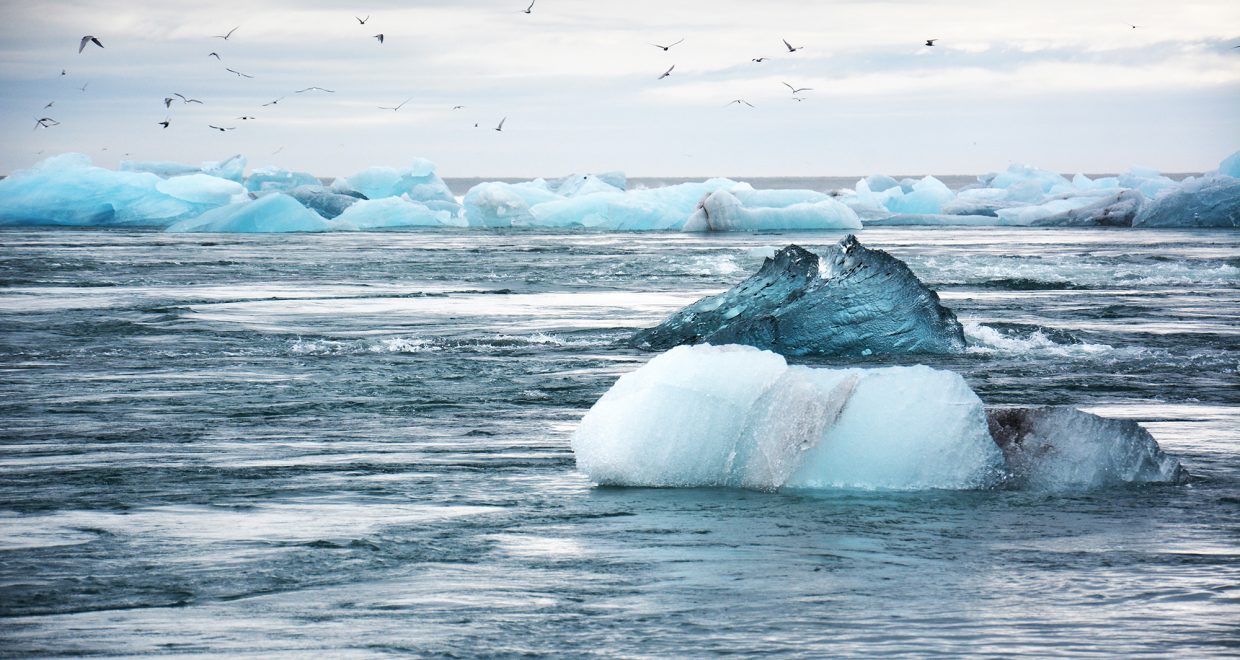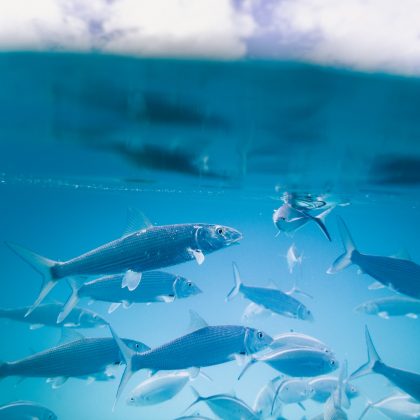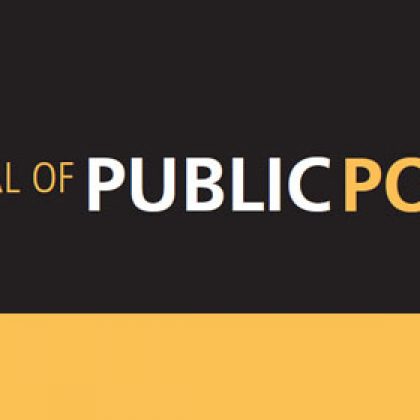Understanding the Complexity of Environmental Law
Environmental goals are pursued in increasingly complex legal ways that defy our usual approaches to teaching and researching environmental law in siloes. Innovative linkages are increasingly established in practice between international environmental treaties, regional coordination processes, bilateral trade agreements, private-law contracts, transnational litigation and certification schemes, national laws and the customary norms of indigenous peoples and local communities. These legal developments are often motivated by the need to enhance the effectiveness of measures in a variety of contexts – wildlife trafficking, illegal fishing, bio-based innovation or carbon finance, to name a few examples.
In the face of this complexity, which is increasingly referred as “global environmental law,” a new special issue of Transnational Environmental Law discusses why and how we need to better understand these legal interactions: what presumptions lie behind these developments? Whose goals are driving them? Are particular views of the environment and of society dominating these developments? Do they support environmental justice or hinder it? Are environmental legal scholars and professionals influencing these developments, strategically or inadvertently? And if so, do they have responsibilities in how they carry out their work?
To respond to these questions, the special issue addresses the following topics:
- the risks in global environmental law of reflecting elitist and hegemonic worldviews and the opportunities to expand the breadth of voices reflected in the creation and application of environmental norms (Kulovesi, Mehling and Morgera);
- the limited capacity of sustainable development to contribute to global justice in the context of global finance, energy, and environmental protection (Cardesa-Salzmann and Cocciolo);
- the dominant voices of different actors in global environmental law, such as judges, scholars, teachers, and funders (Afforlder);
- the need for iterative research methods and ethics in understanding unpredictable meanings of environmental law at different levels (internationally as opposed to locally) by various actors with different cultural and political sensitivities (Parks and Morgera);
- the challenges to global environmental justice in the context of intellectual property and biodiversity (Chiarolla); and
- the opportunities offered by ‘big data’ to provide new powerful methods for the research of global environmental law, but also new practical and ethical challenges (Lajaunie, Schafer and Mazzega).
Overall, the authors have both pointed at gaps and limitations in current scholarship on global environmental law, as well as various promising directions to overcome current shortcomings. From different perspective, they all call upon international, transnational and comparative environmental law scholars and practitioners to contribute to debates on global justice by reflecting on their own biases and blind spots in understanding how their own work influences the ongoing evolution of environmental law.
Elisa Morgera is Professor of Global Environmental Law at the University of Strathclyde Law School, Glasgow, UK. Read the special issue of TEL without charge until 1 February 2020.






